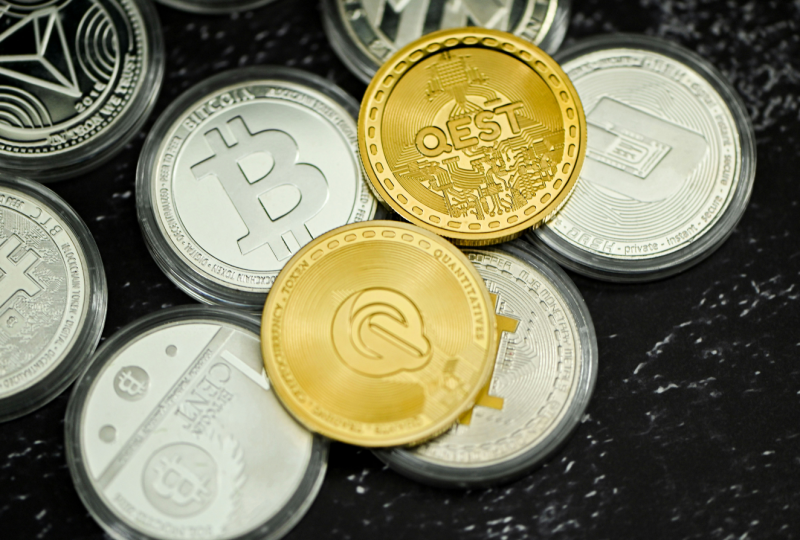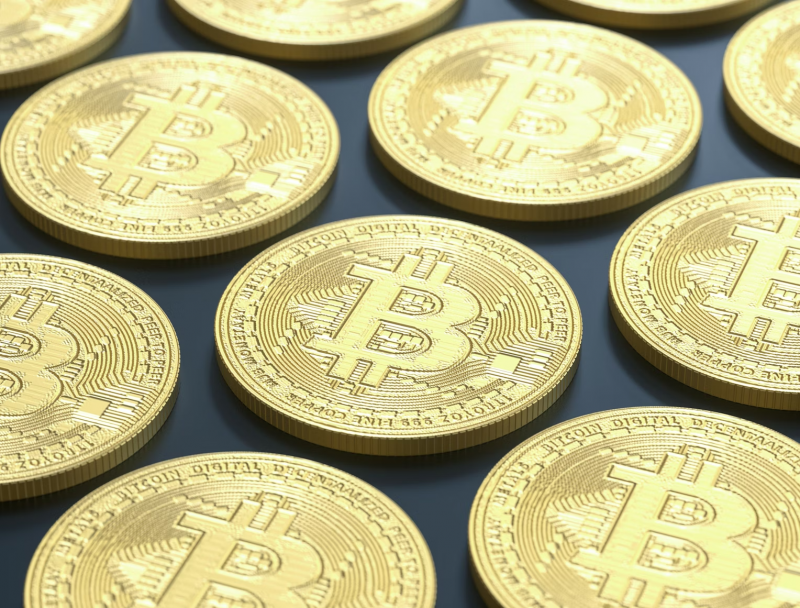How to Spend Bitcoins Crypto
Aug 23, 2024

Bitcoin is no longer just a digital investment; it can also be used to make practical purchases of goods and services.
Knowing how to use Bitcoin could help you become more financially flexible as more businesses begin to accept the cryptocurrency.
Discover how to make the most of your Bitcoin for regular transactions and online payments.
Acquiring Bitcoin
To use Bitcoin, you need to first purchase some virtual currency. Websites like Coinbase and Binance make this task easier by making it straightforward to purchase Bitcoin using cash or other cryptocurrencies.
These services are safe and easy to use, regardless of whether you want to buy games with crypto or invest.
Many exchanges don’t require a minimum deposit, so you can start modestly and progressively grow your investment as you become more comfortable with the system.
Setting Up a Bitcoin Wallet
Securing your Bitcoin involves establishing a cryptocurrency wallet to safeguard the private keys that permit transactions and regulate access to your assets.
Wallets come in two main varieties: software and hardware. Because they are easily accessible, software wallets—typically applications on desktops or mobile devices—are perfect for daily use.
However, hardware wallets provide better security for storing bigger Bitcoin holdings because they store private keys offline, greatly lowering the possibility of internet attacks.
For regular transactions, it’s advisable to keep a modest amount of Bitcoin in software wallets and store the remainder in cold storage.
Depending on how you want to use it, your wallet option should be determined by how frequently you expect to transact. If long-term security is important to you, choose a hardware wallet.
Making Bitcoin Payments

Using Bitcoin for transactions is easy. Consider your Bitcoin wallet to be the digital equivalent of a real wallet, containing all the essential data needed to complete transactions.
You have two options for sending money: manually enter the recipient’s wallet address or, for ease of use, scan a QR code. Before completing a transaction, always verify the information are right by checking them twice.
BitPay is a company that simplifies Bitcoin transactions. You can accept Bitcoin payments for online purchases or peer-to-peer debt settlements by selecting Bitcoin at checkout and following the instructions.
Using a trustworthy wallet provider is essential to protecting your money and guaranteeing easy transactions.
Where You Can Spend Bitcoin
The number of retailers accepting Bitcoin as a form of payment is constantly growing, ranging from online stores to physical stores and other travel-related services.
We’ll explore a few notable industries in the next sections where you can easily transact with your Bitcoin.
Gaming with Crypto
The gaming sector accepts Bitcoin and other cryptocurrencies, enabling users to gain tokens and NFTs from blockchain games.
By allowing players to exchange in-game assets for actual money, the play-to-earn approach enhances the gaming experience.
Because asset values are subject to market fluctuations, efficient administration necessitates the use of a cryptocurrency wallet.
Online Merchants
When buying something online using Bitcoin, many possibilities are available, ranging from clothing to gadgets. Bitcoin is accepted by well-known shops like Microsoft and Overstock and by services like AT&T for bill payments.
Choose Bitcoin at checkout and adhere to the instructions. Convenient and improving transaction security and privacy is this way.
Physical Stores
Bitcoin is becoming more and more accepted as a payment mechanism in physical establishments. While online retailers are more likely to accept Bitcoin, a growing number of physical stores are beginning to accept it in exchange for their products and services.
Take Miami, Florida’s All-Star Pizza. They accept patrons who would like to pay for their meals with Bitcoin.
However, it’s best to check with the retailer ahead of time as acceptance levels can vary from one location to another.
Using Bitcoin at the register in physical stores offers a seamless shopping experience for those who prefer cryptocurrency over cash or credit cards.
Verifying if a shop takes Bitcoin before you buy anything helps to ensure a seamless transaction.
Travel Services
Travelers may now use Bitcoin to book and make payments at some agencies and businesses in the travel industry, which has welcomed the cryptocurrency.
By including this feature, customers have more options and can book flights, hotels, and other travel-related services more quickly.
Using Crypto Debit Cards

The worlds of cryptocurrencies and traditional monetary systems can be seamlessly connected with the help of Bitcoin debit cards.
These cards are accepted by any merchant that accepts Mastercard, and they can be preloaded with Bitcoin or other cryptocurrencies.
Direct Bitcoin payment is made possible by the rapid conversion of cryptocurrency to fiat money upon transaction completion.
Getting a crypto debit card is usually a simple process that entails purchasing one from payment service providers or cryptocurrency exchanges.
This usually entails a phase where your identification needs to be verified. For customers who use their debit cards regularly, several of these cards provide enticing rewards like cash back or reward points.
Peer-to-Peer Marketplaces
Peer-to-peer (P2P) markets provide a novel approach to trading Bitcoin by allowing users to trade directly with one another, cutting out middlemen, and granting users more authority.
You can peruse vendor listings on P2P networks, haggle over terms, and get the best bargain.
Escrow systems retain money until debts are settled in order to guarantee secure transactions.
Trust is enhanced by user ratings and feedback, and more security is offered by dispute resolution systems.
P2P markets are a safe and adaptable choice for trading Bitcoin because of these characteristics.
Security Tips for Spending Bitcoin
It’s critical to secure your Bitcoin transactions. Because a hardware wallet stores private keys offline, it lowers the danger of hacking and provides strong protection.
Paper wallets are more likely to be lost or damaged, even if they offer offline storage as well. Save the memorable seed phrase in your wallet for recovery, and turn on two-factor authentication (2FA) for additional security.
Encrypting your wallet with a strong password prevents unwanted access, and routine wallet backups guarantee that all recent transactions are preserved. Further improving the prevention of theft is the use of multi-signature requirements for transactions.
By regularly maintaining updates on your wallet software, you ensure up-to-date security enhancements and performance optimizations are in place.
Adhering to these recommended practices will fortify the safety around managing and transacting Bitcoin—affording you greater confidence as you engage with digital currency activities.




